The Best Films of 2025 (So Far), And What To Look Forward To
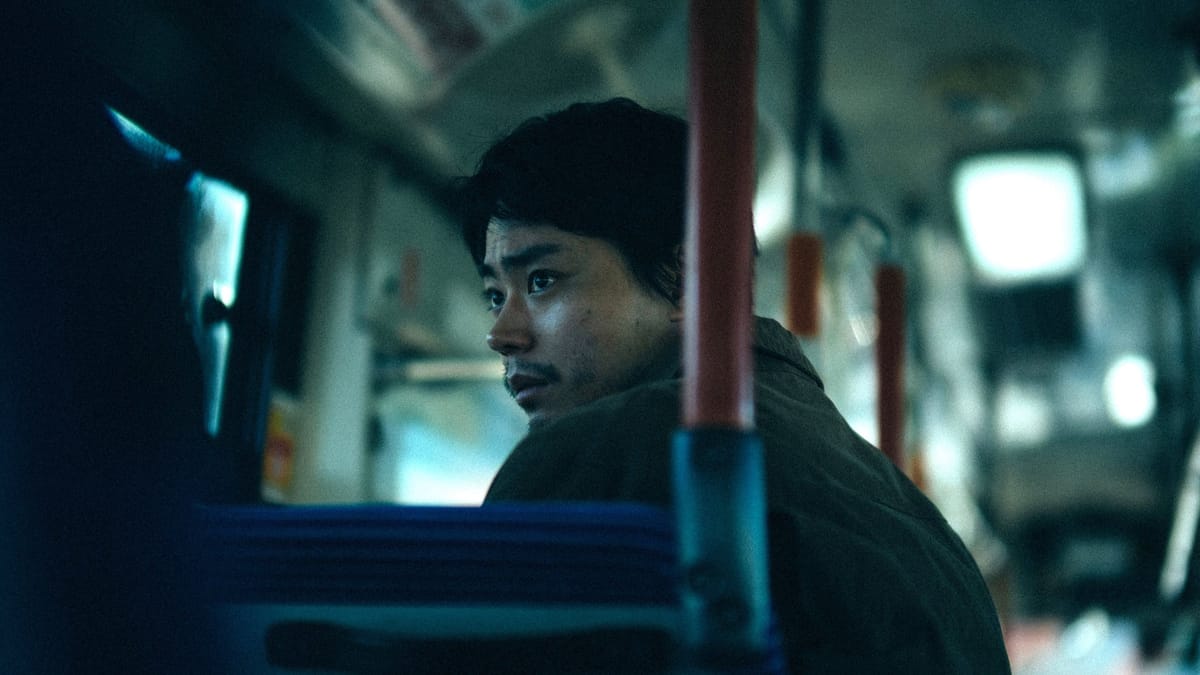
We return once more to the year in progress, where 2025 lies on the scale of cinematic exploration, and what's left to come as the latter half of the year ramps up with award hopefuls and festival premieres going wide. 2025 has been flooded with a kaleidoscopic deluge of genre cinema successes, from blockbuster horror thrills to high stakes espionage, understated contemporary romance, breezy hangouts, screwball farces, and spiraling docufiction chaos. The rest of the year promises all that and more, with a slate of releases so intriguing and exciting that it became a monumental task on its own to narrow them down to five. Here's what 2025 has offered us so far – and what's still to come.
Sinners
dir. Ryan Coogler
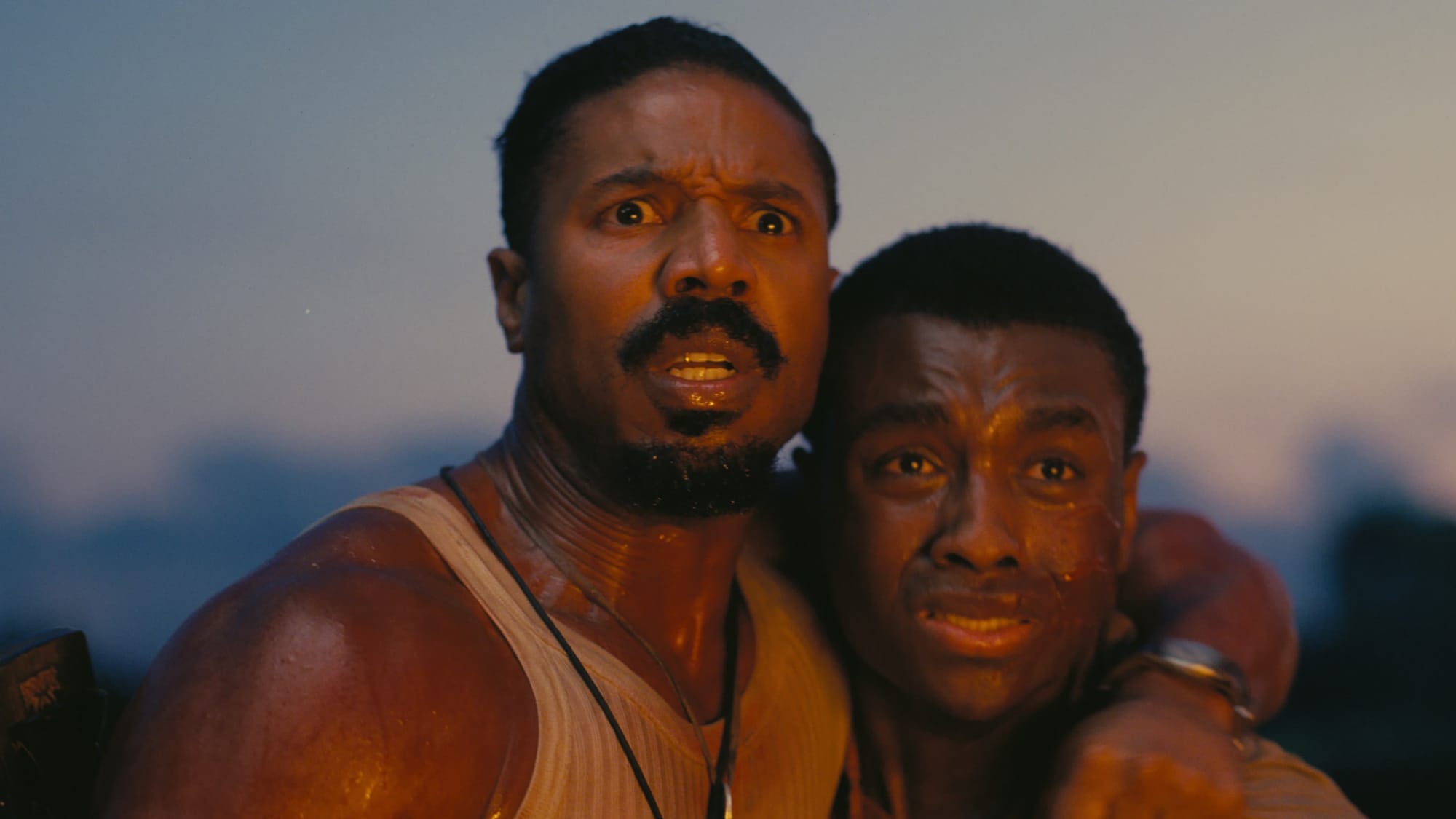
Death ain't shit. The essence of Ganja & Hess poured into a Molotov cocktail and shattered against the slaughterhouse wall, an electrifying explosion of blockbuster budget filtered through genre splatter. Keep dancing even when the roof is burning. Sex, love, and the blues. The only constants.
Happyend
dir. Neo Sora
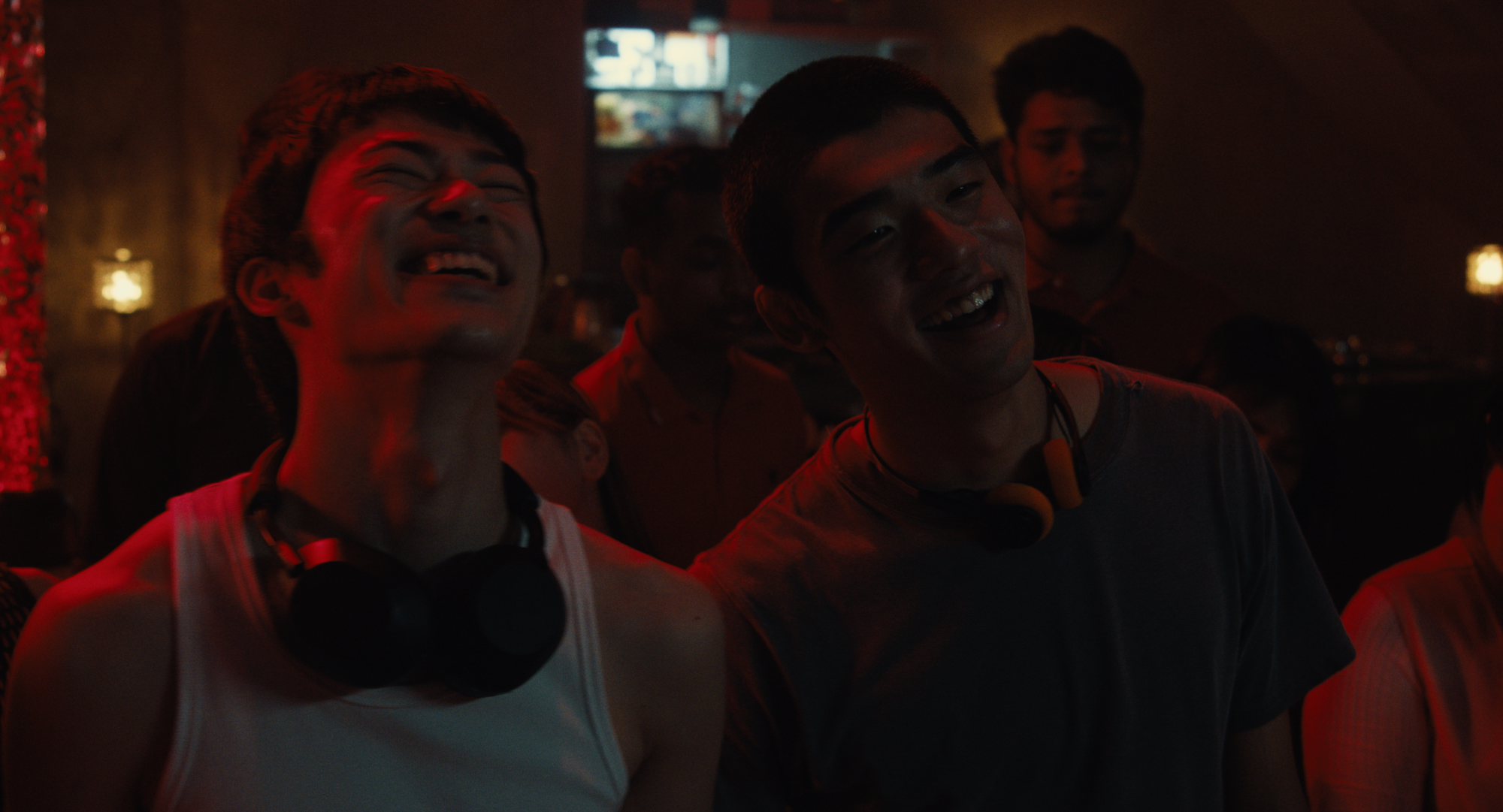
Carves a neo-fascist dystopian cyberpunk landscape out of negative space, a lo-fi exploration of disaffected youth in the spirit of Blue Spring or Rebels of the Neon God. Adolescence in search of catharsis and connection pushed into authoritarian structures and regressive ideals, the throes of angst and self-discovery interrupted by the past being forced on the present. Xenophobia enforced by outmoded practices seeps through the social fabric and imprints on those who have no frame of reference for such destructive othering, pushed by nightmarish technological overwatch that restricts expression. Music as the only escape, headphones and subwoofers a portal to another world where the thudding bass and driving synths elevate experience beyond such a restrictive plane of reality. Fitting that Neo Sora would be able to so expertly explore the atmosphere of music against oppression, but he wields it with a heavy futurism, thinking forward to a not-so-distant future where data can be wielded instantaneously and destructively. Happyend is appropriately bittersweet, acknowledging the sorrowful wash of time as we grow older and grow apart from each other, but also defining the power of collective action as the only effective tool against the ever encroaching threat of fascism, often sold beneath the guise of protection until it becomes too late to find those liminal moments of catharsis. Sometimes, "eat shit and die" is the only appropriate response to authority.
Black Bag
dir. Steven Soderbergh
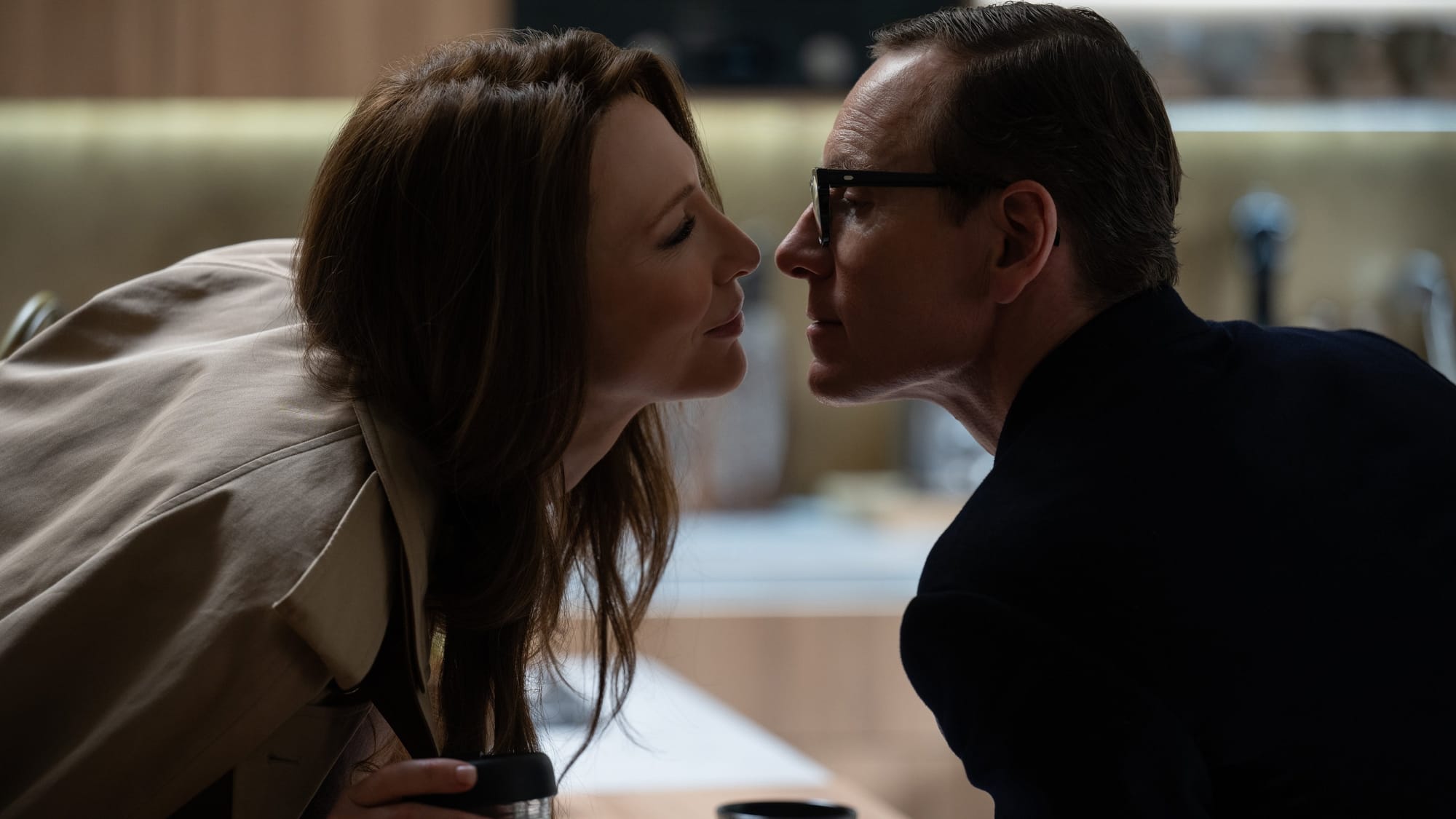
Leave it to career romanticist Steven Soderbergh to direct a late stage espionage thriller about how the only force powerful enough to overcome both private interest and state corruption is love. Soderbergh as in tune with cinematic language as ever makes for a narrative as intensely compelling as his strongest work, tensions always at a heightened breaking point that threatens the vaguest form of state sponsored global destruction, but Soderbergh knows the real thrills come from the tiny wires of tension among each interpersonal web. While the characters orbiting its protagonists squabble and tear themselves apart at the behest of espionage chaos, the dial turns tighter on the prospect of monogamy in a world where everything exists in secret. Trust erodes and lies snake their way through the immaculate halls of agency surveillance, but a romantic tension rivaled only by Soderbergh's own Out of Sight beats at its core.
Cloud
dir. Kiyoshi Kurosawa
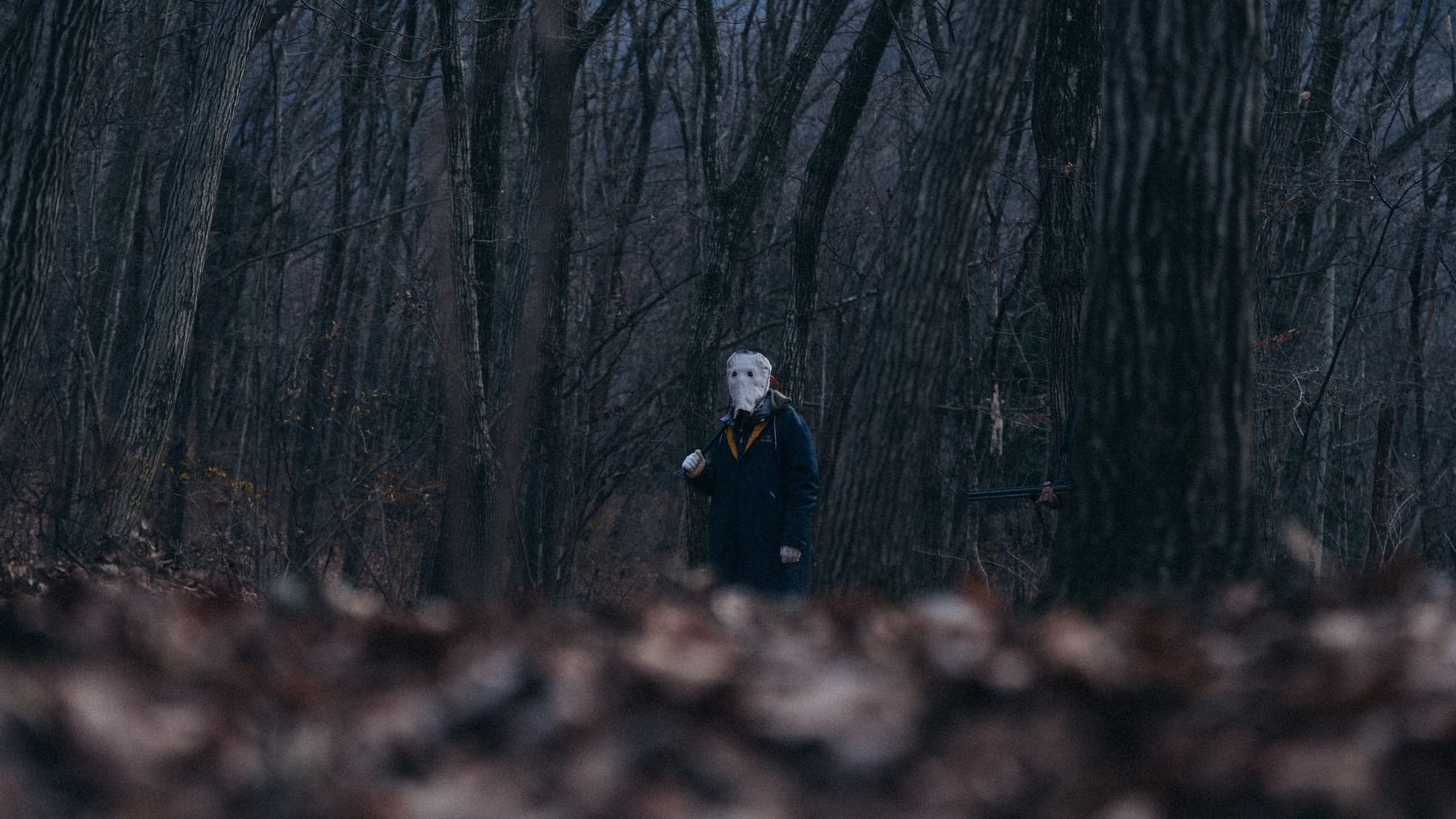
Reframes Kurosawa's scattered fascinations through an icy contemporary lens, blending ideas he's been toying with for decades into a sensational powder keg of impending violence. The easy connection here is the disaffected loneliness depicted in Pulse, now translated to a modern image of how the internet isolates and radicalizes, the way our frustrations are so easily manifested through anonymity, the way that the churning gears of capital consume and consume until the angry and the desperate have nothing left to lose. But Cloud also maintains shades of Kurosawa's whole catalogue, the infectious violence of Cure, the mournful domestic suffering of Retribution, the illusory social structures of Creepy, the collective ego death and light tinge of magical realism of Charisma. The angle that feels so refreshingly novel here is the grim, surrealist comedy, the way that Kurosawa approaches each moment with a wry, cynical bite, dredging laughs from the disaffected inanity of it all. This is a film of irredeemable characters, jumping to commit their next act of blind violence if they aren't busy fleecing someone else in search of their next payday. The world swirls and churns around every penny that can be flipped and profited off of, transactional existence taken to the logical extreme of anonymous financial ruin to tangible physical violence. Search for the entrance to hell all you want – you're already living there.
The Phoenician Scheme
dir. Wes Anderson

The elegant, colorful brilliance of Wes Anderson continues to be found in the way he so effortlessly weaves these thoughtful musings on our chaotic state of existence into endlessly engaging comedies, mile-a-minute farces flooded with blink and you'll miss it gags, so immaculate and quick-witted that you often barely notice the way his sincere sentimentality has seeped into the fabric of the film. With The Phoenician Scheme, Anderson flattens his typical approach of kaleidoscopic layered narrative devices, no longer a story within a story within a story but here a simple series of moments and characters. The reflexive, metafictive structuring that made The Grand Budapest Hotel and Asteroid City such beautiful odes to the art of storytelling is gone, but we return to the heartfelt simplicity of works like The Royal Tenenbaums and The Life Aquatic, characters in search of family and in search of love.
One Battle After Another
dir. Paul Thomas Anderson
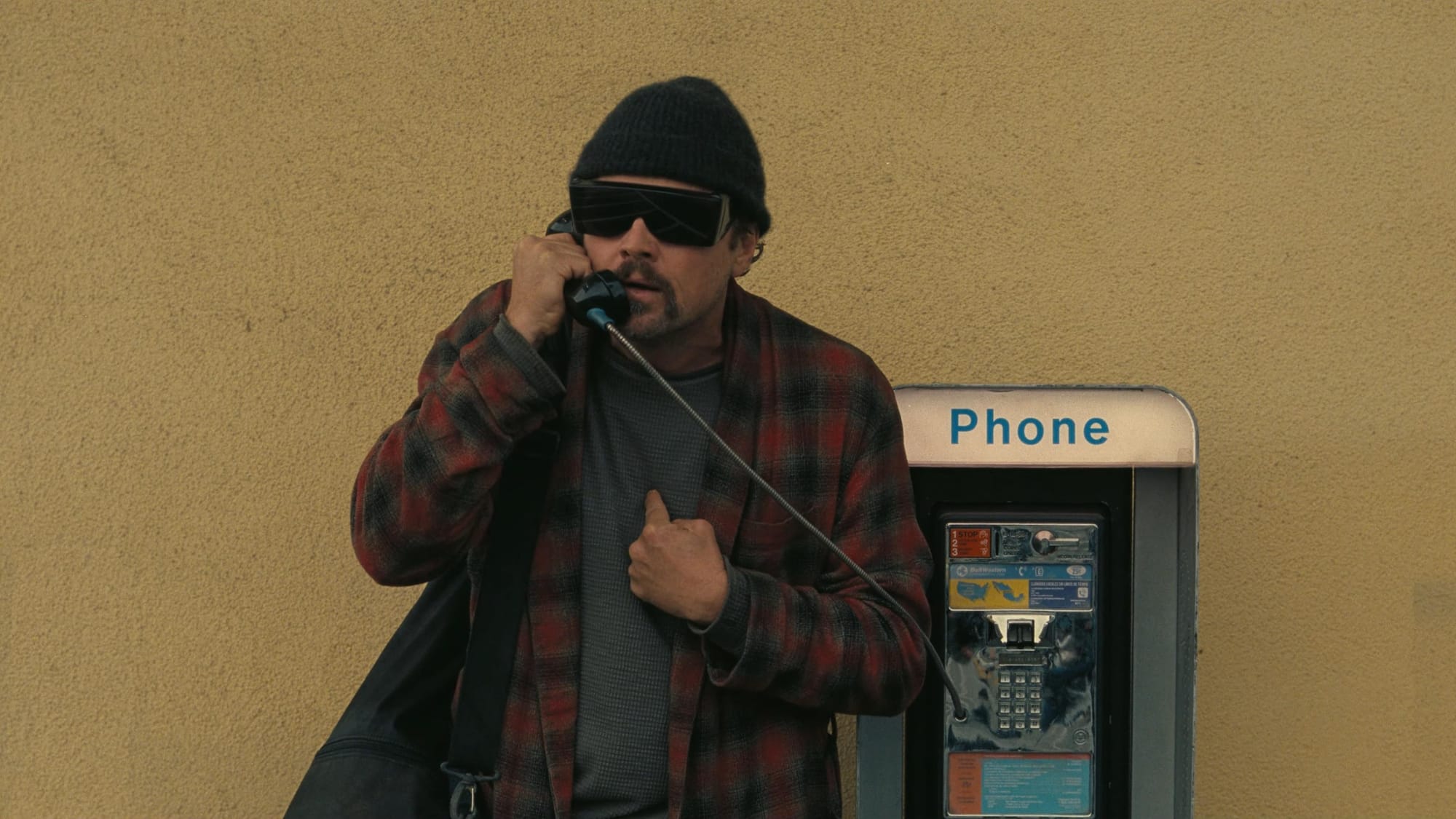
The only thing more thrilling than the prospect of a new Paul Thomas Anderson film is the prospect of a new Paul Thomas Anderson film set in contemporary America that takes its inspiration from a novel deconstructing the rise of fascism and repression in the Nixon and Reagan eras. Anderson's most towering and fascinating works strive to understand what is so fundamentally broken at the country's core, swirling around the rampant greed and anger that fuels our constant self-destruction. Put it all in a boiling pot of revolutionaries colliding with the military, the police, and the government – the result is sure to be explosive.
It Was Just An Accident
dir. Jafar Panahi
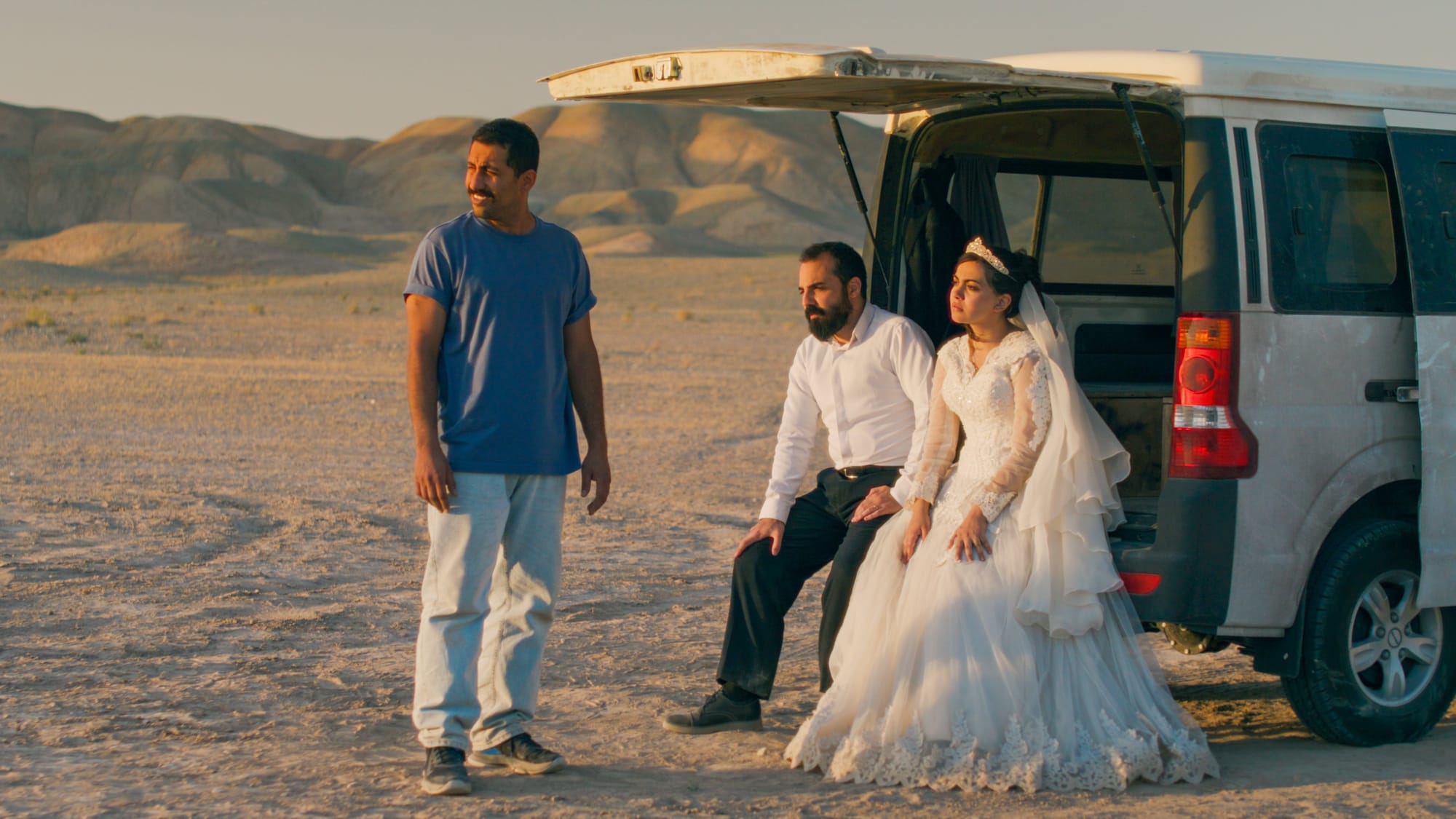
Jafar Panahi's career is defined by rebellion, his repeated refusal to concede any of his rights or to accept the artistic oppression of the Iranian government has led to a multitude of arrests and constraints on his work – but rather than fade into obscurity, his work is consistently strengthened by his oppressors' attempts to silence him, his resolve to reject the regressive attitudes of the state resulting in a filmography of fascinating objects that stand firmly outside of the status quo. Palme d'Or winning It Was Just An Accident continues the rebellious streak that began with This Is Not A Film, filmed without government approval and in direct opposition to a multitude of typical Iranian cinema restrictions.
Transcending Dimensions
dir. Toshiaki Toyoda
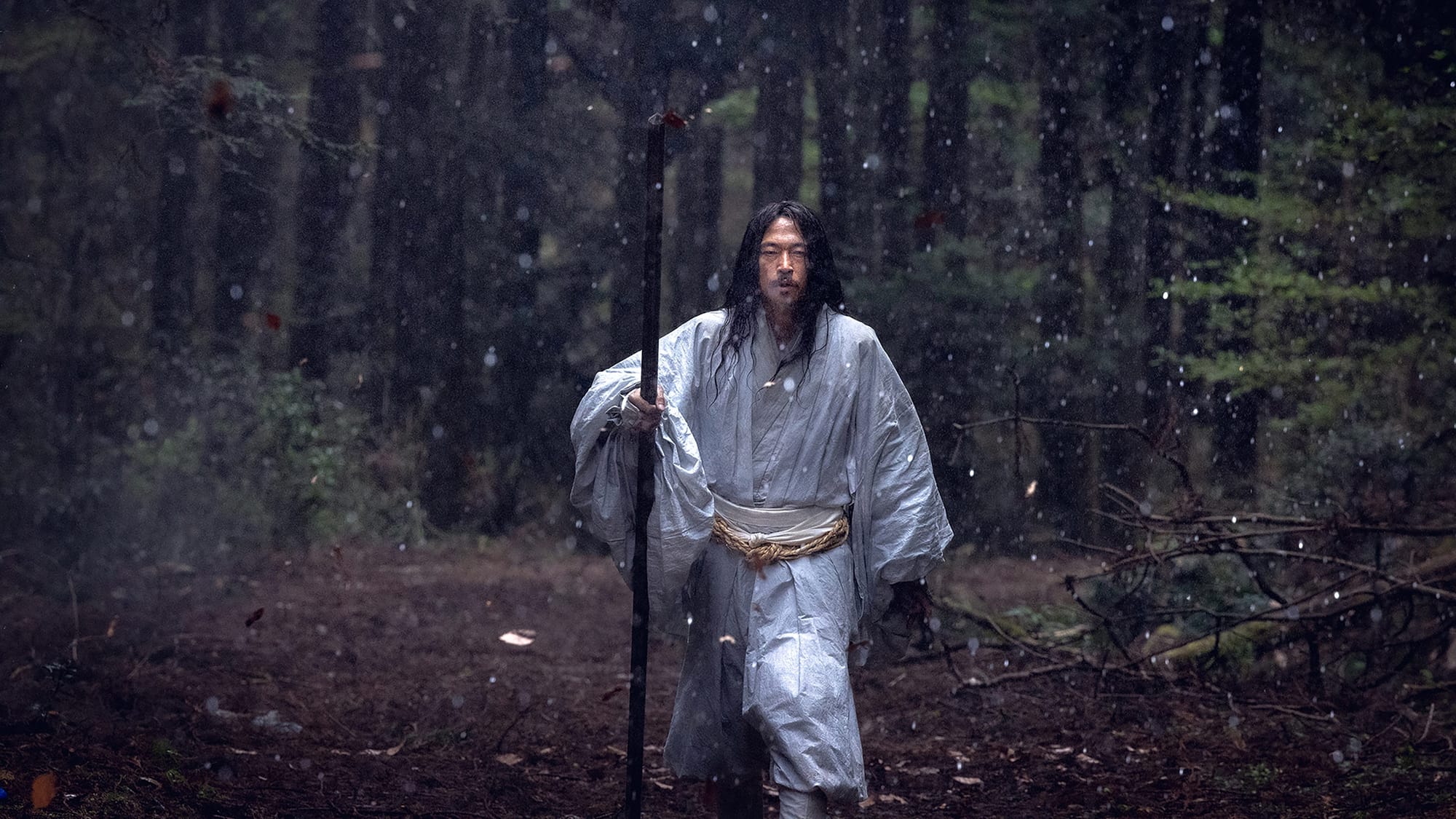
It's a shame that Toshiaki Toyoda still feels like a niche filmmaker, since he's undeniably one of our generation's greatest - his depictions of disaffected youth and the disillusioning atmosphere of modern society are second to none, equal parts tender and explosive. A punk filmmaker always upending the status quo, pushing to question the way the world treats us and the way we often refuse to lift each other up. Transcending Dimensions may be his final work, and may be his most ambitious and entrancing yet. From a director whose filmography is replete with utter masterpieces, nothing is more thrilling than another being on the way.
Reflection in a Dead Diamond
dir. Hélène Cattet & Bruno Forzani
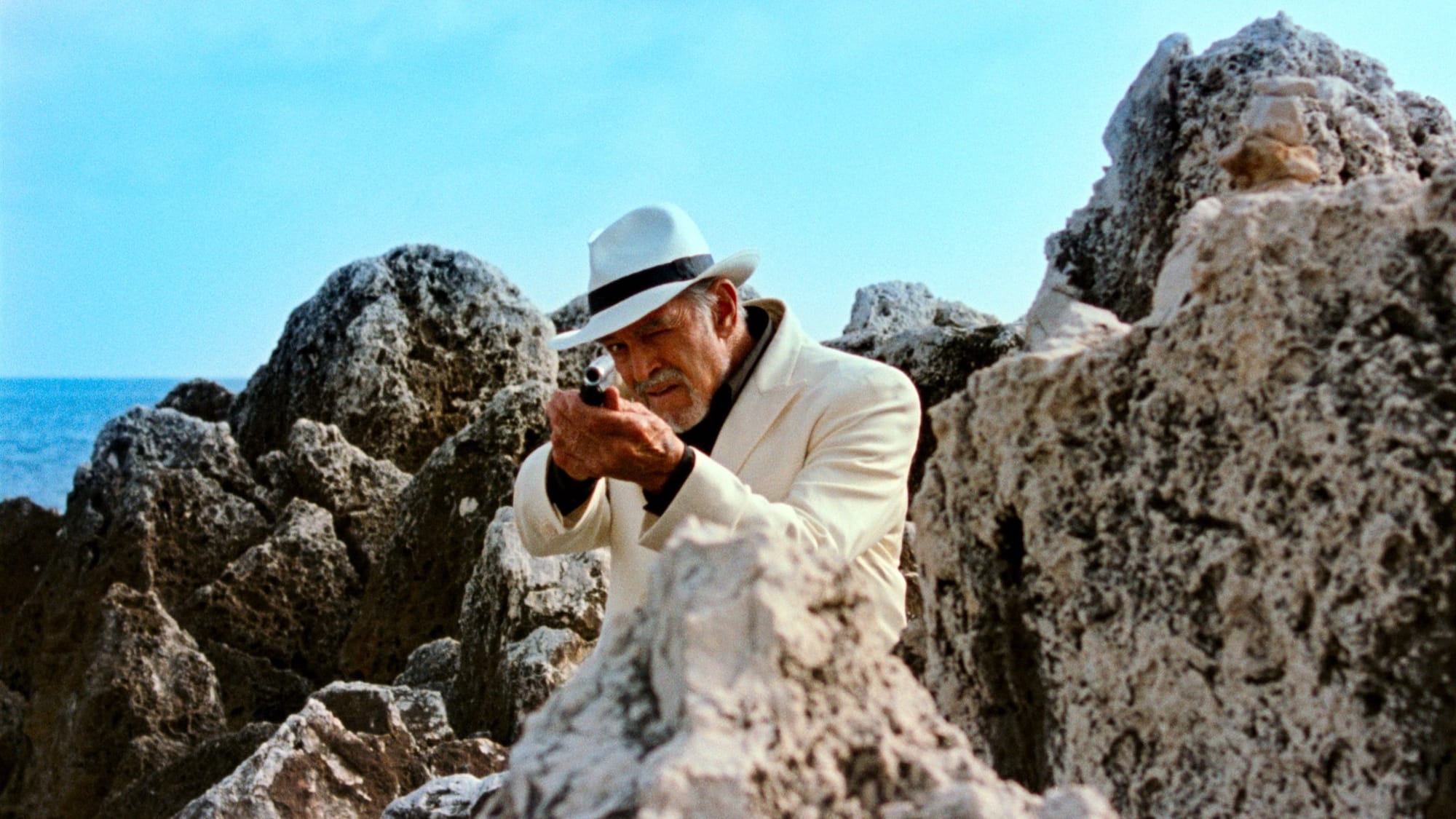
Cattet and Forzani are two of the most fascinating genre stylists around, their work on Let The Corpses Tan and Amer showcasing an ability to craft visually stunning works of atmosphere and tone that throw back to genre cinema classics without getting lost in contemporary idealism. Their cinema is stripped down to the bone, evocative image work full of visceral violence and unrepentant kink. Following genre exercises in blood-drenched giallo and dusty westerns, Reflection in a Dead Diamond goes for a '70s eurospy sendup, sure to meet every expectation of unrelenting oversaturated visual style and hazy imprints of genre trappings, Bond sent through a kaleidoscopic prism of chaos.
Resurrection
dir. Bi Gan
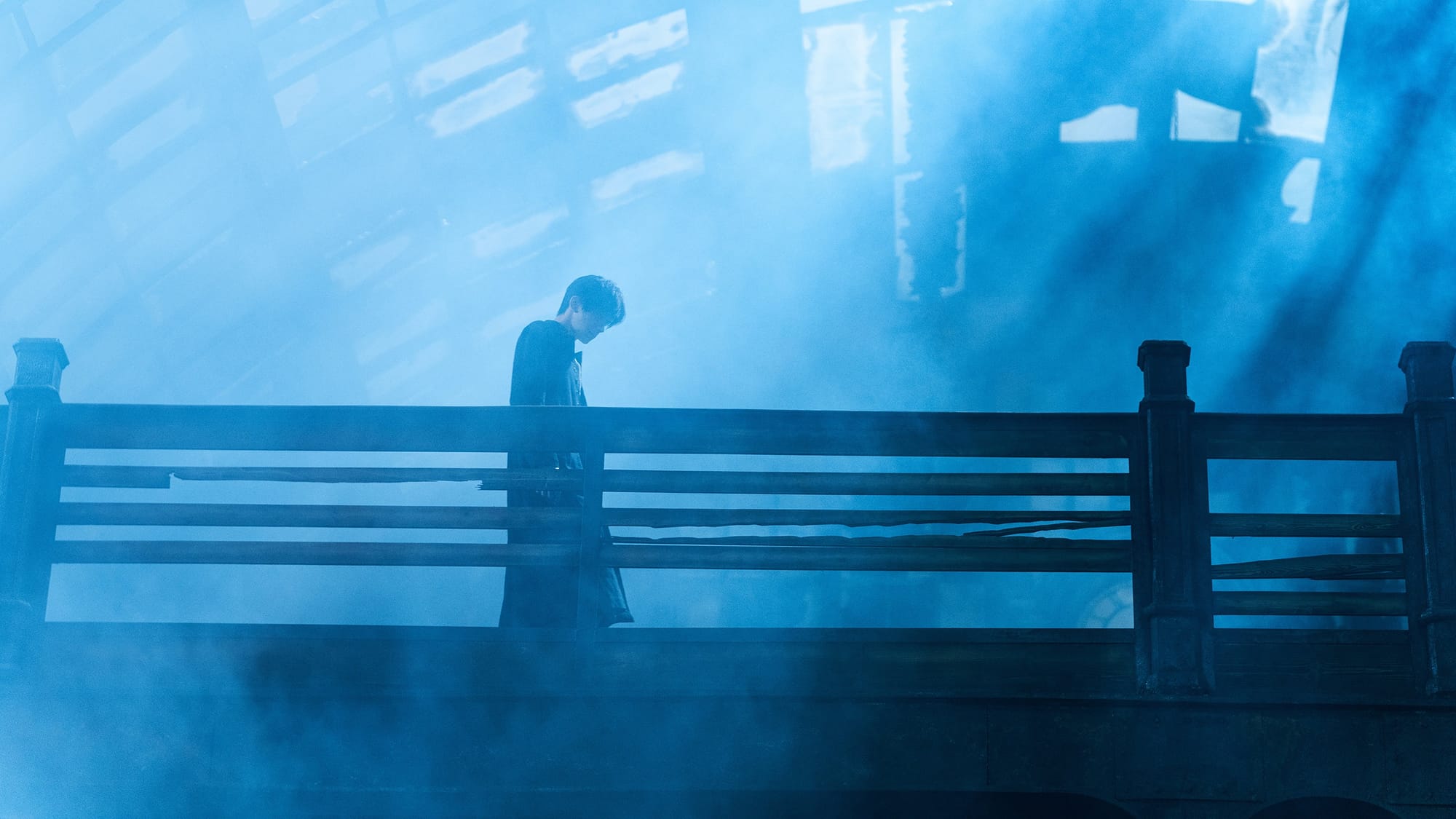
A master of the dreamy haze of film, weaving consciousness and memory through the unbound possibilities of cinema, Bi Gan has proved himself one of the greatest working filmmakers with just two films. Imprints of liminal moments, concepts of linear existence eschewed in favor of gossamer strands of time and memory all layered on top of one another, puzzles of ego that cannot be pieced together. A logical step, then, to construct his upcoming film inside a world where humans can no longer dream, centered on a monster clinging to the last remnants of a fading dream world. Cinema is our final refuge, the last place where dreams may flourish, and Bi Gan has arrived to prove the endless possibilities that lie within. After receiving glowing praise from his admirers following its premiere at Cannes, Resurrection may be the year's most essential work.

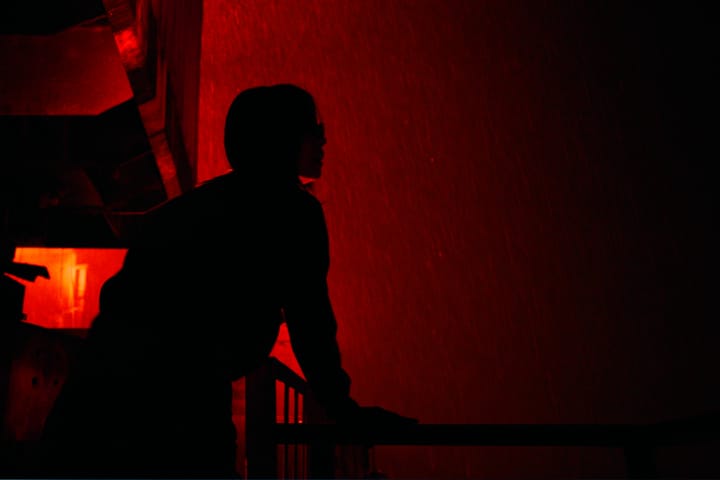
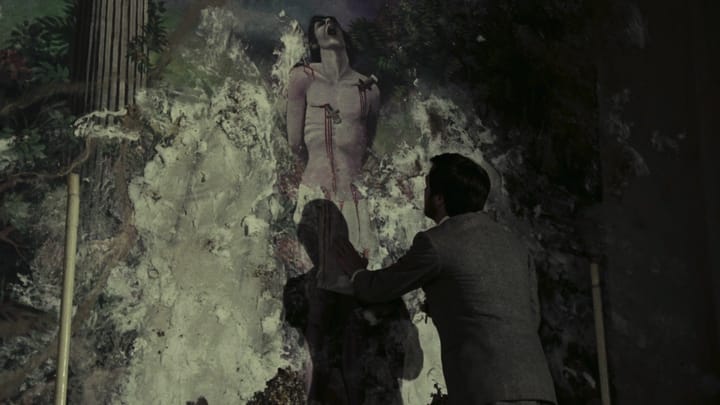
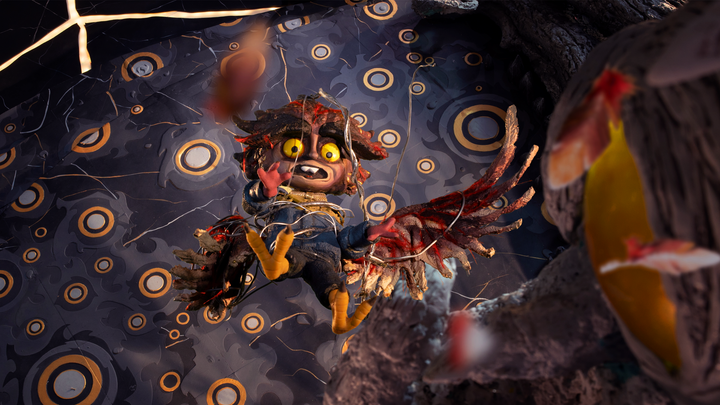
Comments ()